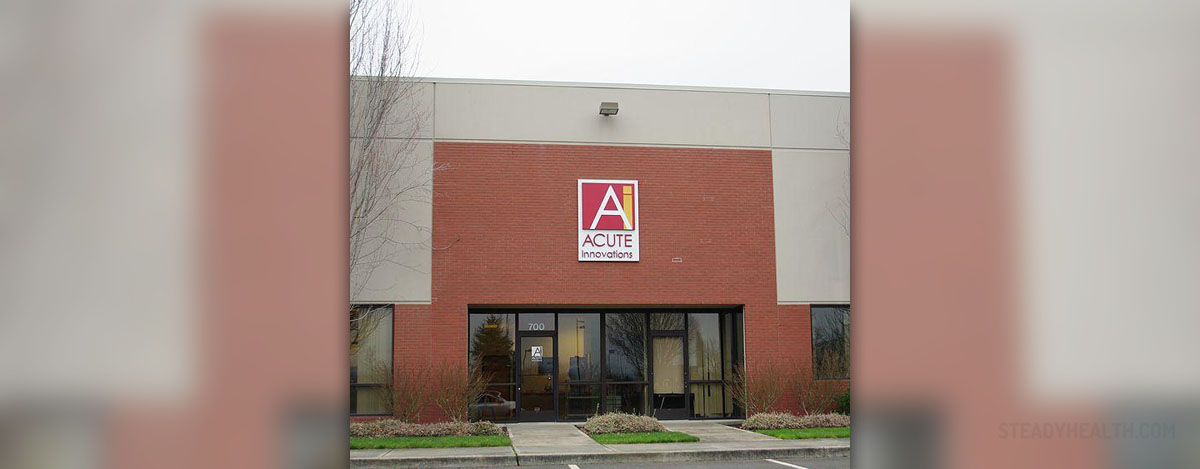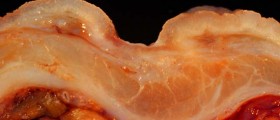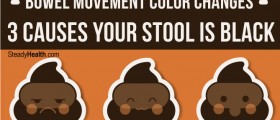
Gastrointestinal bleeding can take place on a lower or upper part of this tract. The upper GI bleeding affects the esophagus, stomach or the first part of our intestine, called duodenum. This bleeding can be the result of a stomach cancer or poisoning.
Causes of Gastrointestinal Bleeding
As far as the upper GI bleeding is considered, it may happen due to peptic ulcers which are actually erosions on the walls of our digestive tract. These ulcers are most commonly seen in the stomach or the beginning of the intestine. Once the intestine walls and the blood vessels there get damaged, bleeding occurs. Also, with the mucous membranes broken down, there is no protection from the strong stomach acids. Many different factors lead to this condition. Non-steroidal anti-inflammatory drugs, Aspirin, alcohol and cigarettes, all are capable of causing gastric ulcers. Nevertheless, the reason behind these ulcers may lie behind a bacterial infection too.
Gastritis can also lead to GI bleeding, being an inflammation of the stomach wall due to the disability of the gastric lining to stay protected from the acids. The causes behind this health issue are the same as those which trigger gastric ulcers.
A liver disease may cause swelling in the veins of the esophagus or the stomach. These varices can appear due to liver cirrhosis and usually affect long-term alcoholics. Once the varices bleed, they create serious damage and can even be life-threatening, happening suddenly.
Malory-Weiss tear is a condition which manifests through tearing of the stomach or esophagus wall, mostly due to vomiting. Yet, these tears can be created after seizures or after strong and violent coughing or laughing. Moreover, physical straining or lifting heavy objects as well as giving birth to a child all can result in GI bleeding due to tears of this type.
As for lower GI bleeding, it may happen due to diverticulitis a formation of small pockets on the wall of the colon. These pockets bleed due to constipation or hard stool since then one is supposed to strain him/herself a lot.
Sometimes, the blood vessels on the walls of the GI tract can get malformed, leading to angiodysplasia, resulting in bleeding sores often affecting old people with kidney problems. Alternatively, people older than 40 can develop polyps on their colon. These can bleed and evolve into cancer.
Finally, hemorrhoids and anal fissures can cause rectal bleeding which mostly results in bright red blood appearing in small amounts. Both anal fissures and hemorrhoids can be very painful.
Signs of GI Bleeding
First of all, one should observe the stool. If it is dark or even black, with coffee ground-like objects, this might be a sign of internal bleeding. Also, blood during vomiting is a symptom of GI bleeding.
Ultimately, tiredness, weakness, stomach pain, paleness and vomiting can all be signs of blood loss.

















Your thoughts on this
Loading...